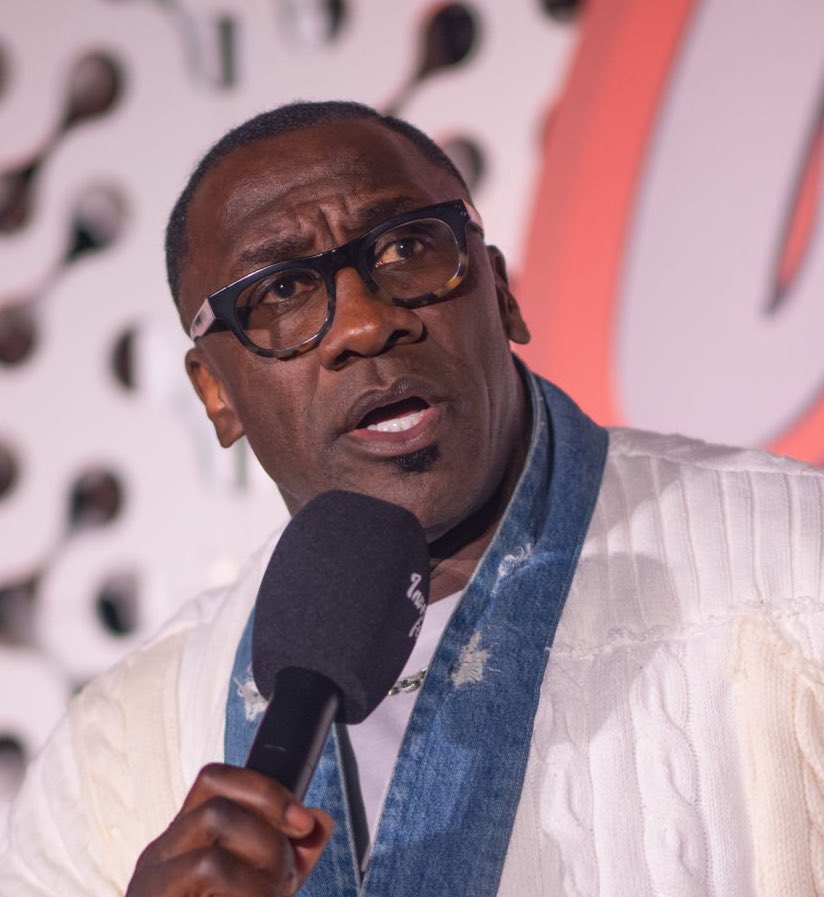
Former NFL star and sports commentator Shannon Sharpe is facing a $20 million lawsuit after making a false public claim that a woman’s husband left her following a viral flirty interaction with R&B singer Usher. The lawsuit alleges that Sharpe’s statements were not only inaccurate but also defamatory, causing significant emotional distress and reputational harm to the woman involved.
The controversy began when Sharpe, during a popular sports talk show segment, commented on a viral video clip showing a playful and flirtatious moment between the woman and Usher at a public event. Sharpe claimed on-air that the woman’s husband had left her as a result of the incident, implying marital troubles triggered by the brief exchange. However, the woman has since come forward to clarify that she is not married and has never been married, making Sharpe’s assertion factually incorrect.
Legal representatives for the woman filed the lawsuit citing defamation and emotional distress, seeking $20 million in damages for the harm caused by the false statement. The suit argues that Sharpe’s public remarks were reckless and damaging, spreading misinformation that has since gone viral across social media platforms, resulting in personal and professional repercussions for the woman.
Sharpe has yet to issue a public statement addressing the lawsuit or the accusations. His attorneys have indicated they are reviewing the claims and are expected to mount a defense based on freedom of speech protections and the context of the remarks made during a broadcast.
This legal action highlights the growing scrutiny public figures face when making statements about individuals, especially in the era of viral social media clips and rapid information dissemination. Experts note that while commentators have broad latitude to express opinions, factual inaccuracies—particularly about private individuals—can lead to serious legal consequences.
The case is expected to attract further media attention as it unfolds, raising important questions about responsibility, accuracy, and accountability in public discourse. For now, Shannon Sharpe finds himself embroiled in a costly legal battle stemming from a single on-air comment, underscoring the risks public figures face when discussing personal matters involving others.






